Digital Humanities Summer Fellowships
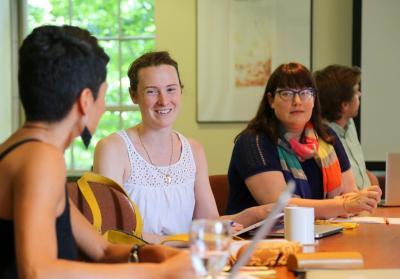
The Simpson Center offers annual summer fellowships for faculty and graduate students to pursue research projects that use digital technologies in innovative and intensive ways and/or explore the historical, social, aesthetic, and cross-cultural implications of digital cultures. The program has three primary goals:
- To animate knowledge—using rich media, dynamic databases, and visualization tools
- To circulate knowledge—among diverse publics
- To understand digital culture—historically, theoretically, aesthetically, and generatively
The Simpson Center gratefully acknowledges the support of a National Endowment for the Humanities Challenge Grant and the Andrew W. Mellon Foundation as well as many donors to the endowment which is underwriting these fellowships.
2025 - 2026 Digital Humanities Summer Fellows
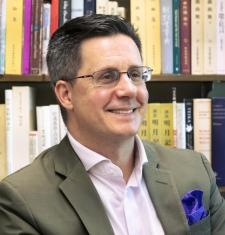
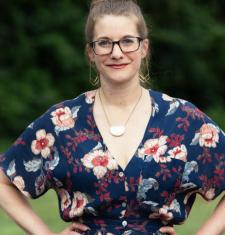
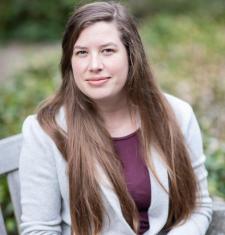
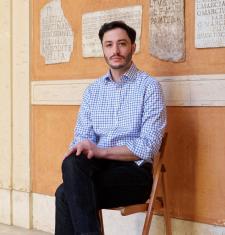
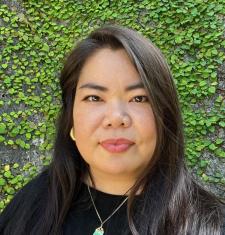
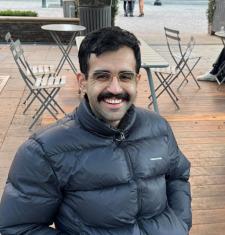

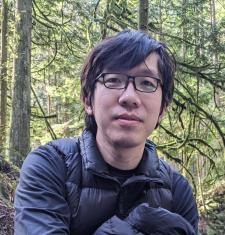
2014 - 2015 Digital Humanities Summer Fellow
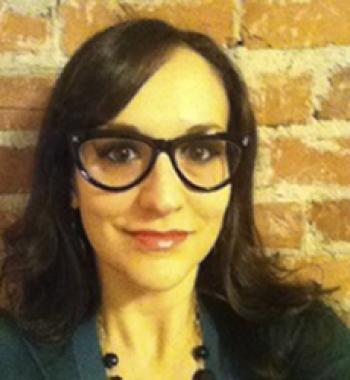
Pamela Pietrucci (she/her/hers)
Publicity, Locality, and Democratic Practices
This dissertation, “Publicity, Locality, and Democratic Practices,” explores the relationships among digital rhetorics of activism and embodied protest in the era of netroots movements and digital democracy. This project analyzes a series of case studies concerning post-earthquake protests in L’Aquila (Italy) through a rhetorical theoretical framework, and it identifies the conditions that might favor public-embodied protests being productive. This project intervenes in conversations about digital activism and material rhetoric, and it contributes to deepening the understanding of contemporary social movements and of the ways locality and material conditions shape public strategies of protest. Lastly, the study aims to encourage dialogue among scholars, publics, and activists in order to implement strategies for engaging in productive democratic actions in their geographic locales.